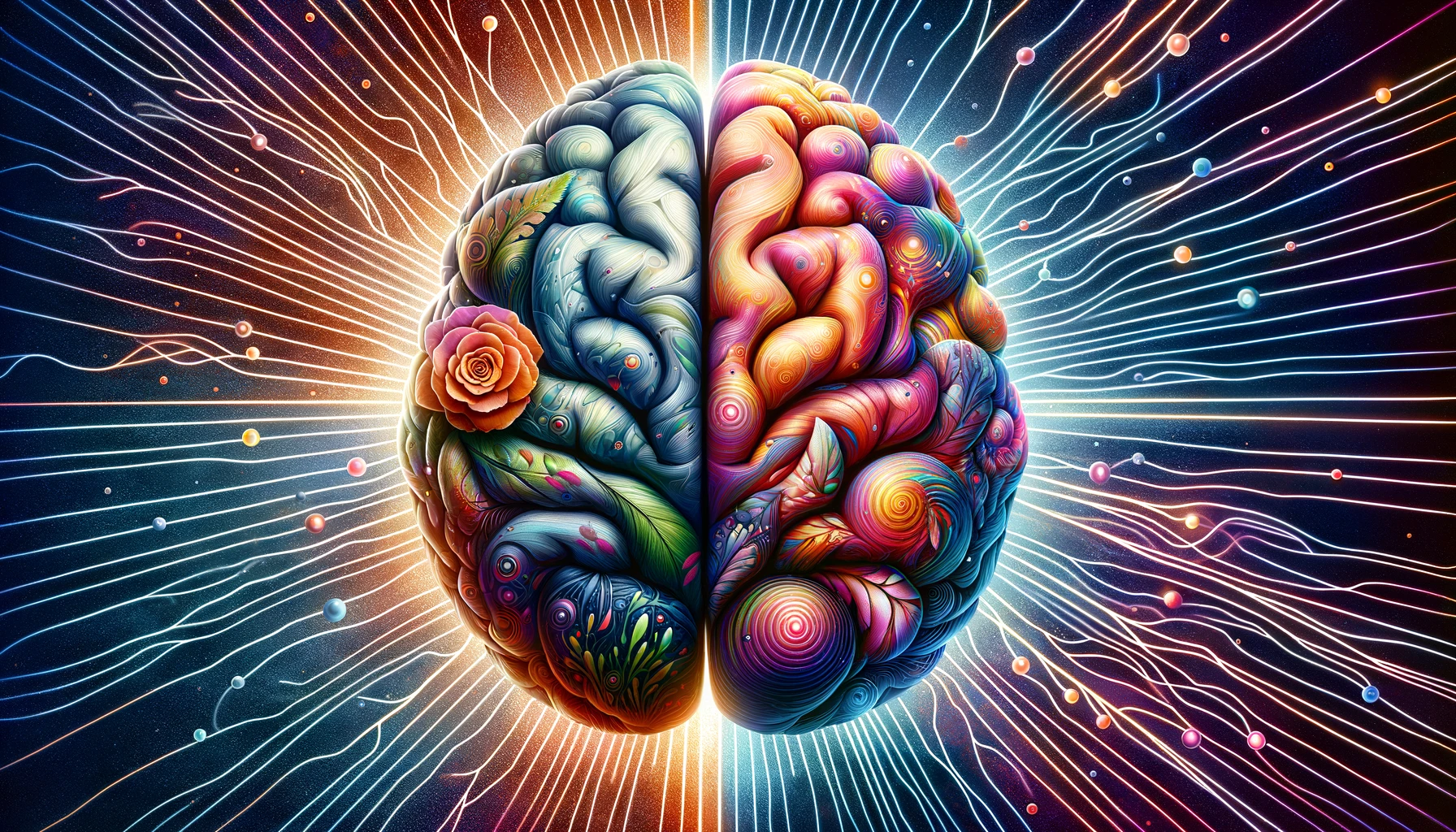Brain therapy encompasses a wide range of treatments aimed at improving mental health and cognitive function by targeting the brain’s processes and structures. As the epicenter of thought, emotion, and control over bodily functions, the brain’s health is crucial for overall well-being. This article delves into the various forms of brain therapy, examining their scientific basis and effectiveness in treating psychological disorders and enhancing brain performance.
1. Understanding Brain Therapy: Brain therapy refers to therapeutic interventions that directly influence brain activity and neural pathways to treat mental health issues, cognitive impairments, and neurological disorders. This can include neurofeedback, cognitive-behavioral therapy (CBT), brain stimulation techniques like transcranial magnetic stimulation (TMS), and pharmacological treatments.
2. The Science Behind Brain Therapy: The effectiveness of brain therapy is grounded in neuroscience and the understanding of how the brain functions and changes in response to environment, experience, and therapy. Neuroplasticity, or the brain’s ability to reorganize itself by forming new neural connections, plays a key role in the success of these therapies.
- Neurofeedback has shown promise in managing ADHD, anxiety, and depression by teaching individuals to regulate their brain activity.
- CBT is widely recognized for its effectiveness in treating a variety of mental health disorders by changing negative thought patterns.
- TMS has been FDA-approved for treating major depressive disorder and is being explored for other conditions like anxiety and PTSD.
- Pharmacological Treatments work by altering brain chemistry to alleviate symptoms of mental health conditions.
4. Limitations and Considerations: While many studies support the effectiveness of brain therapy, results can vary among individuals. The success of treatment depends on several factors, including the specific condition being treated, the therapy technique used, and the individual’s response to treatment. It’s also important to consider potential side effects and the cost of certain therapies.
5. Future Directions: Ongoing research and technological advancements continue to uncover new insights into the brain’s workings, leading to the development of more targeted and effective therapies. The future of brain therapy holds promise for even greater precision in treatment and broader applicability across a range of mental health and neurological conditions.
Conclusion: Brain therapy, with its diverse techniques and approaches, offers substantial hope for individuals seeking to improve their mental health and cognitive function. While not a panacea, the scientific evidence points to significant benefits for many, making it a valuable component of comprehensive mental health care. As research progresses, the potential for brain therapy to change lives continues to expand, affirming its role in contemporary therapeutic practices.

